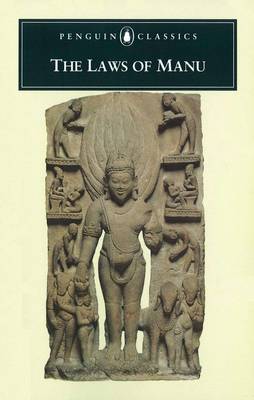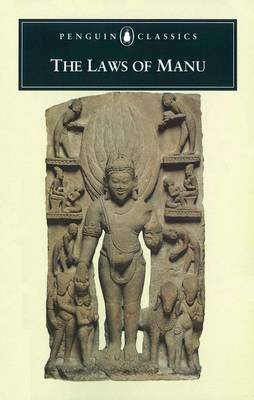
- Retrait gratuit dans votre magasin Club
- 7.000.000 titres dans notre catalogue
- Payer en toute sécurité
- Toujours un magasin près de chez vous
- Retrait gratuit dans votre magasin Club
- 7.000.0000 titres dans notre catalogue
- Payer en toute sécurité
- Toujours un magasin près de chez vous
Description
The Laws of Manu form a towering work of Hindu philosophy. Composed by many Brahmin priests, this is an extraordinary, encyclopaedic representation of human life in the world, and how it should be lived. Manu encompasses topics as wide-ranging as the social obligations and duties of the various castes, the proper way for a righteous king to rule and to punish transgressors, relations between men and women, birth, death, taxes, karma, rebirth and ritual practices. First translated into English in 1794, its influence spread from Nietzsche to the British Raj, and although often misinterpreted, it remains an essential work for understanding India today. For more than seventy years, Penguin has been the leading publisher of classic literature in the English-speaking world. With more than 1,700 titles, Penguin Classics represents a global bookshelf of the best works throughout history and across genres and disciplines. Readers trust the series to provide authoritative texts enhanced by introductions and notes by distinguished scholars and contemporary authors, as well as up-to-date translations by award-winning translators.
Spécifications
Parties prenantes
- Traducteur(s):
- Editeur:
Contenu
- Nombre de pages :
- 448
- Langue:
- Anglais
- Collection :
Caractéristiques
- EAN:
- 9780140445404
- Date de parution :
- 07-01-92
- Format:
- Livre broché
- Format numérique:
- Trade paperback (VS)
- Dimensions :
- 126 mm x 201 mm
- Poids :
- 349 g

Les avis
Nous publions uniquement les avis qui respectent les conditions requises. Consultez nos conditions pour les avis.





